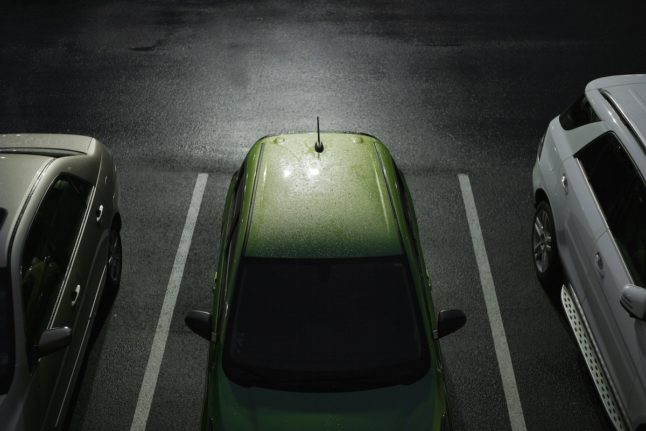Living in Spain you may have chosen like many foreigners do, to live near the coast in order to make the most of the great weather and the Mediterranean Sea.
You may be content exploring the coastline by swimming, stand-up paddleboard or kayak, but you may also want to explore further and get your boat licence.
Even if you don’t buy your own boat in Spain, you will still need a licence to be able to rent and drive certain boats while you’re on holiday.
How does getting your boat licence in Spain work and what type of boats do you need it for?
If you have a boat that is longer than 5 meters and is more powerful than 10 KW, it is mandatory to have a boat licence in Spain. It won’t be necessary for very small boats, peddle boats, kayaks or canoes.
There are several different types of boat licences in Spain, so in order to know which you’ll need, you’ll first need to know what type of boat you want it for.
The process is somewhat similar to getting a driving licence for a car, you will need to first take a course or some lessons, followed by an exam before you are awarded your boat licence. You can do this at many different sailing schools, located in marinas across the country.
You can visit the site Titulosnauticos.net to find your nearest sailing school, where you can take lessons, as well as the necessary exams.
READ ALSO – Brexit: UK nautical qualifications to be recognised in Spain by the summer
Different types of boat licences in Spain
Licencia de Navegación
The simplest type of licence in Spain is the Licencia de Navegación, which allows you to be able to drive small boats of up to six metres in length. You will only be able to sail in the daytime and can only go up to two miles from the coast or port.
In order to get this licence, you will have to take at least a two-hour lesson, where you will learn how to access channels through marked and unmarked beaches, regulations regarding maritime traffic and inland navigation in ports. This will be followed by a four-hour practical exam out on the water, showing the examiner how you can safely navigate and follow all the rules.
The lesson will cost around €130, while the practical exam to obtain your licence will cost around €80.
Título de Patrón para la Navegación Básica (PNB)
The Basic Navigation Licence will allow you to drive jet skis, motor boats up to 7.5 metres in length and sailing boats up to 8 metres in length. With this licence you are allowed to go a maximum of 5 miles from the coast at any time, including at night-time. In order to get this permit, you will need to take a course, as well as a practical exam, like above. This generally costs between €250 and €350.
El Título de Patrón para las Embarcaciones de Recreo (PER)
The Recreational Boat Skipper licence is one of the most popular as it allows you to drive sailing and motor boats up to 12 metres in length. Your permit allows you to go up to 12 miles away from the coast and sail between the islands of the Canary and Balearic archipelagos too. The cost of this ranges between €500 and €700.
To get this licence, you will have to pass a multiple choice exam, undergo a 16-hour basic safety and navigation practical course and a theoretical radio operator course which will take around 12 hours.
Patrón de Yate
In order to get your Yacht Skipper licence, you will first have to have the Recreational Boat Skipper licence above. This permit allows you to operate sail and motor boats of up to 20 metres in length and up to 60 miles from the coast.
As well as already having a licence, to upgrade it to this one, you will need to do a theoretical exam, as well as 48-hour practical cruise test. This usually costs between €600 and €700.
Remember that as well as having your licence, you will need to take out adequate insurance to be able to drive a boat here.



 Please whitelist us to continue reading.
Please whitelist us to continue reading.
Member comments